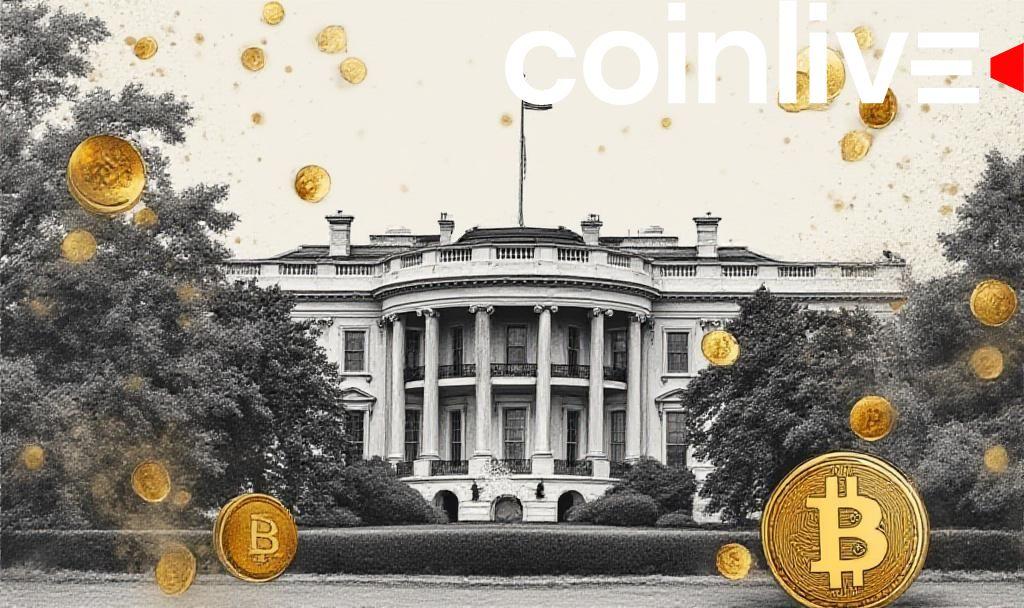- The White House declares Bitcoin “digital gold,” initiating strategic reserves.
- The U.S. government aims to accumulate and retain Bitcoin.
- A new policy without direct federal spending impacts cryptocurrency markets.

President Donald J. Trump has signed an Executive Order declaring Bitcoin as “digital gold” and implementing a Strategic Bitcoin Reserve in the U.S., emphasizing accumulation and holding strategies by the government.
This policy positions Bitcoin as a national reserve asset, reflecting broader recognition of digital assets. Market participants are evaluating the implications as the government commits to accumulating Bitcoin stock without direct expenditures.
officially recognized Bitcoin as a strategic reserve asset, akin to gold, through a new Executive Order. President Trump and crypto policy head Bo Hines lead this federal initiative, aiming for significant Bitcoin reserves.
“The Order creates a Strategic Bitcoin Reserve that will treat bitcoin as a reserve asset. … The United States will not sell bitcoin deposited into this Strategic Bitcoin Reserve, which will be maintained as a store of reserve assets.” — President Donald J. Trump
Action involves creating the Strategic Bitcoin Reserve, which will not sell any accumulated Bitcoin. The plan avoids taxpayer burdens by using Bitcoin forfeited through criminal proceedings and other legal measures for the reserve.
The decision could reduce government-driven Bitcoin sell pressure, potentially boosting Bitcoin’s market value. The inclusion of Bitcoin as a sovereign reserve asset reflects its rising importance in fiscal strategy.
Establishing this policy marks a shift from previous practices of selling forfeited Bitcoin through auctions. It aligns Bitcoin with gold-held strategies by global central banks.
Long-term, this shift may influence other nations to formalize digital asset reserves, leveraging the blockchain economy. Historical trends indicate growing governmental adoption of cryptocurrencies globally.








